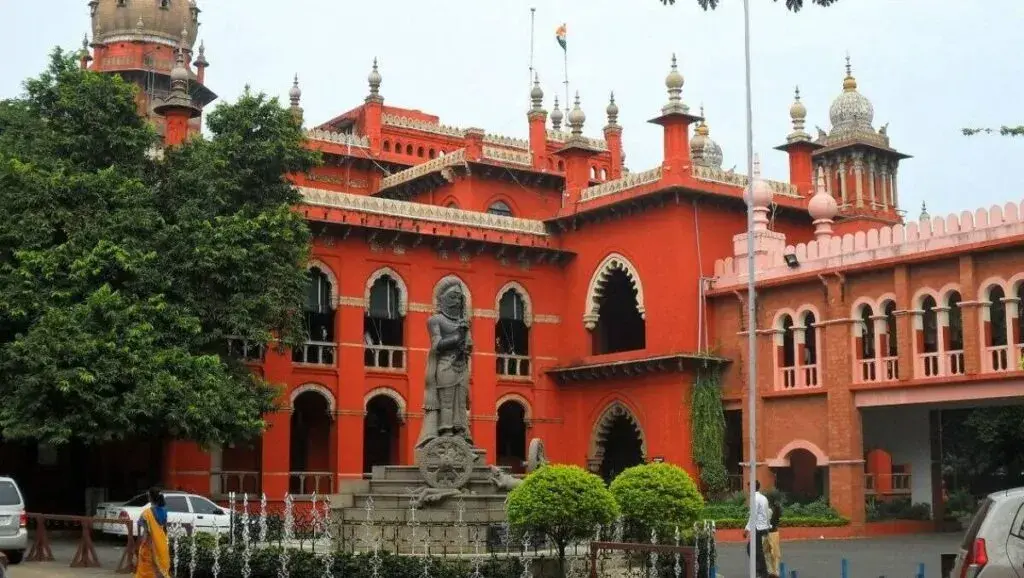Madras High Court Rules: Reservation Policy Inapplicable to Government Law Officers
The Madras High Court has ruled that the reservation policy mandated under Article 16(4) of the Constitution does not apply to law officers engaged by the government. The court emphasized that law officers, appointed by the government, do not hold civil posts, and hence, the relationship between them and the government is not that of a master and servant. A Bench comprising Chief Justice SV Gangapurwala and Justice D Bharatha Chakravarthy highlighted the government’s duty to appoint the most competent and meritorious lawyers for legal representation. The court asserted that, as the law officers do not hold civil posts, Article 16(4) of the Constitution, which deals with reservations, is not applicable to such appointments. The judgment underscored the importance of merit as the sole criterion for selecting law officers. The ruling came in response to a Public Interest Litigation (PIL) filed in 2017 by Thol Thirumavalavan, a local political leader, seeking reservation for women, Scheduled Caste (SC), and Scheduled Tribe (ST) communities in the appointment of law officers in the Madras High Court and subordinate courts in Tamil Nadu. The court dismissed the PIL, stating that the government’s duty to protect public interest obligates it to engage the most proficient and capable individuals, making merit the primary consideration in such appointments. The court also rejected arguments based on government orders and office memoranda advocating reservation for contractual employees, emphasizing that such provisions apply to individuals in the employment of the government, which does not include law officers. The verdict highlights the unique nature of the relationship between the government and law officers, grounded in trust and confidence, and asserts that the selection process for law officers is transparent and not arbitrary.
Madras High Court Rules: Reservation Policy Inapplicable to Government Law Officers Read More »

